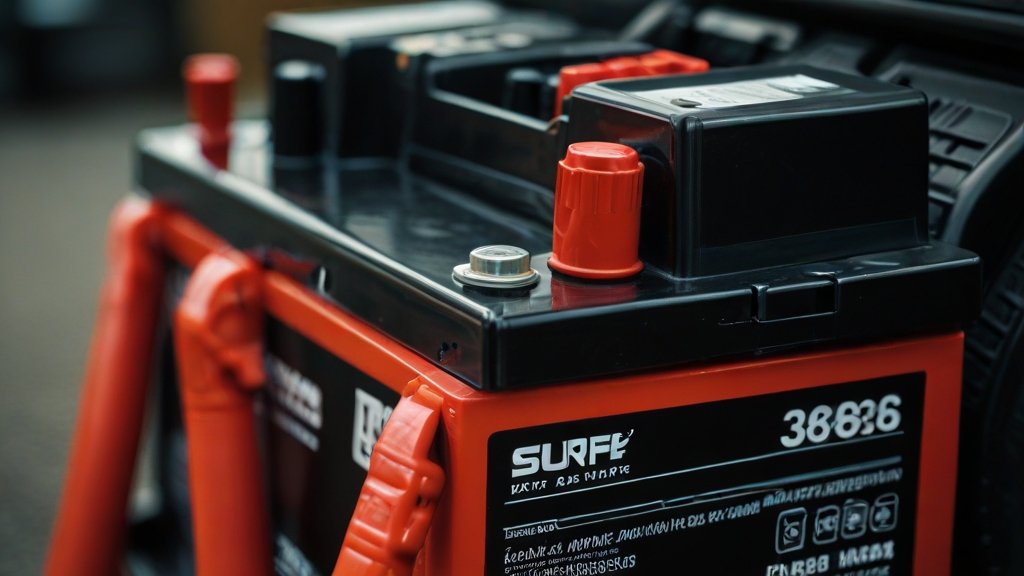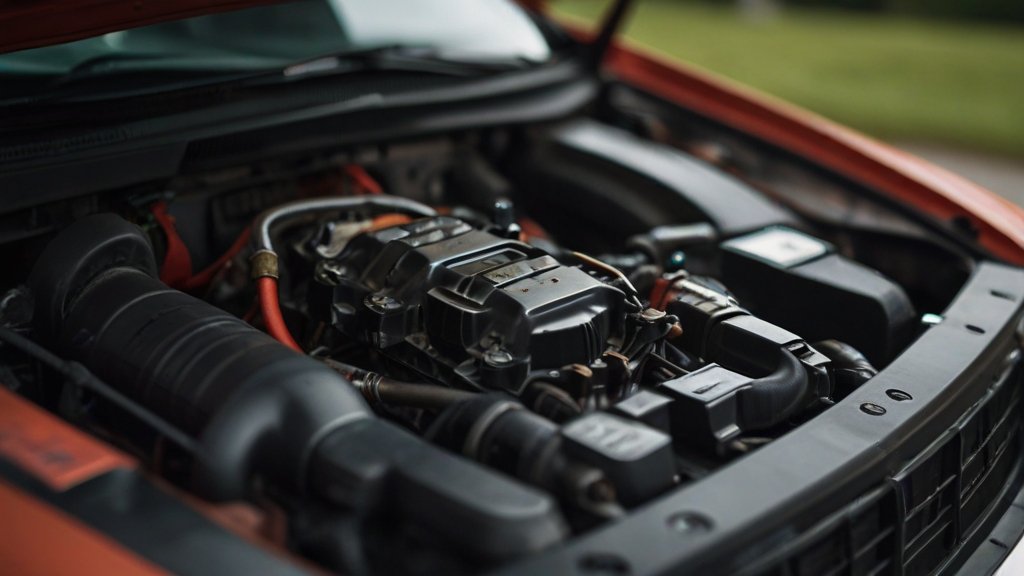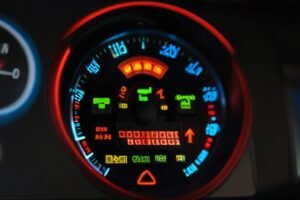What to Check When Your Car Won’t Start
It can be frustrating and inconvenient when your car refuses to start. There are several potential reasons why this might happen, and it’s important to systematically check each one to identify the root cause. Here are the key areas you should investigate when your car won’t start:
1. Battery
The battery is often the first component to check when your car won’t start. Start by checking the battery terminals for any signs of corrosion or loose connections. If you notice any buildup on the terminals, clean them with a wire brush and tighten them securely. Additionally, make sure the battery has enough charge by checking the voltage with a multimeter. A healthy battery should read around 12.6 volts. If the voltage is significantly lower, check if the light dims while turning the engine over, try to jump start the car, or you may need to replace the battery.

2. Ignition System
The ignition system is responsible for creating the spark that ignites the fuel in the engine. A faulty ignition system can prevent your car from starting. Check the ignition switch to ensure it is functioning properly. If the switch feels loose or doesn’t spring back after turning, it may need to be replaced. Additionally, inspect the spark plugs for signs of wear or damage. Fouled or worn-out spark plugs can prevent the engine from starting. Consider replacing them if necessary.
3. Timing
The timing of the engine’s internal components is crucial for proper combustion. If the timing is off, it can prevent your car from starting. Check the timing belt or chain to ensure it is not broken or worn. If the timing belt is due for replacement according to the manufacturer’s recommendations, it’s a good idea to have it replaced preventively. Additionally, if your car has a distributor, check it for any signs of wear or damage. A faulty distributor can disrupt the timing and prevent the engine from starting.
4. Air and Fuel
A sufficient supply of air and fuel is necessary for the engine to start and run smoothly. Start by checking the air filter to ensure it is clean and not clogged. A dirty air filter can restrict airflow and affect the engine’s performance. If the air filter is dirty, replace it with a new one.
Next, check the fuel system. Make sure the fuel tank has an adequate amount of fuel and that the fuel pump is functioning correctly. Turn the key to the on position and see if you can hear the fuel pump whir to life. It might be a subtle hum, but you should be able to catch it from inside the car. If you suspect a fuel delivery issue, you may need to consult a mechanic for further diagnosis.
In addition to these specific areas, there are a few general troubleshooting steps you can take when your car won’t start:
5. Check for Error Codes
Modern cars are equipped with onboard diagnostic systems that can provide valuable information about potential issues. Use an OBD-II scanner to check for any error codes. These codes can give you a clue about what might be causing the problem, allowing you to focus your troubleshooting efforts.
6. Inspect Fuses and Relays
Faulty fuses or relays can disrupt the electrical system and prevent your car from starting. Check the fuse box for any blown fuses and replace them if necessary. Additionally, inspect the relays and ensure they are securely seated. If you’re unsure which fuses or relays to check, consult your car’s manual or a professional mechanic.
Conclusion
When your car won’t start, it’s important to remain calm and methodically check each potential cause. Start by inspecting the battery, ignition system, timing, and air and fuel components. If you’re unable to identify the problem, it may be necessary to consult a professional mechanic who can provide further diagnosis and assistance. By following these steps, you can increase the chances of getting your car back on the road as quickly as possible.
useful resources:
FNNMEGE 2000A Peak 21800mAh 12V Super Safe Car Jump Starter with USB Quick Charge 3.0



